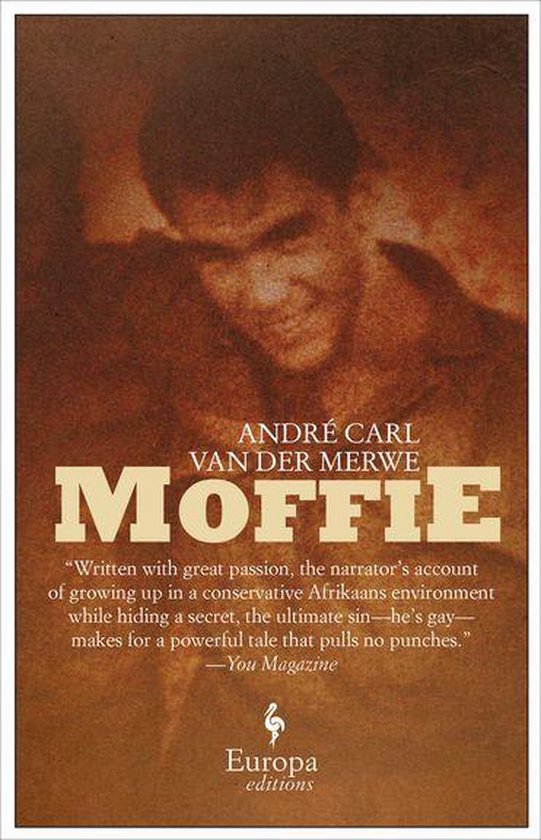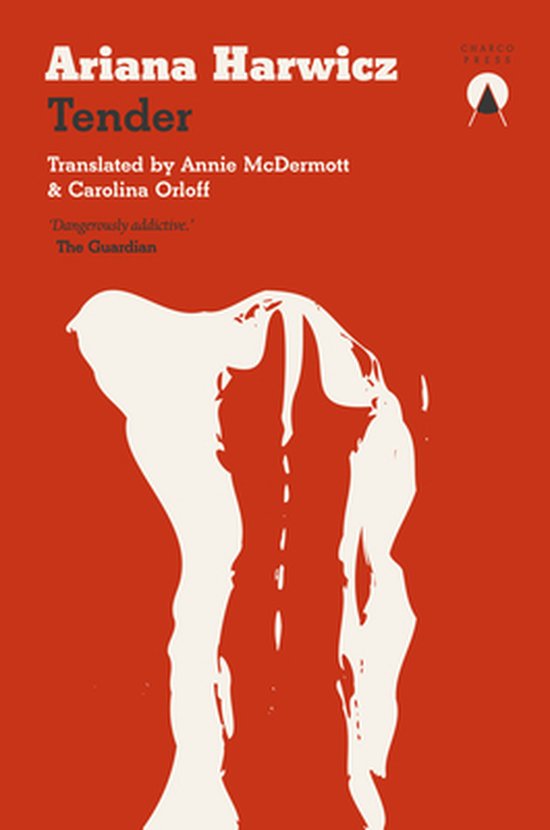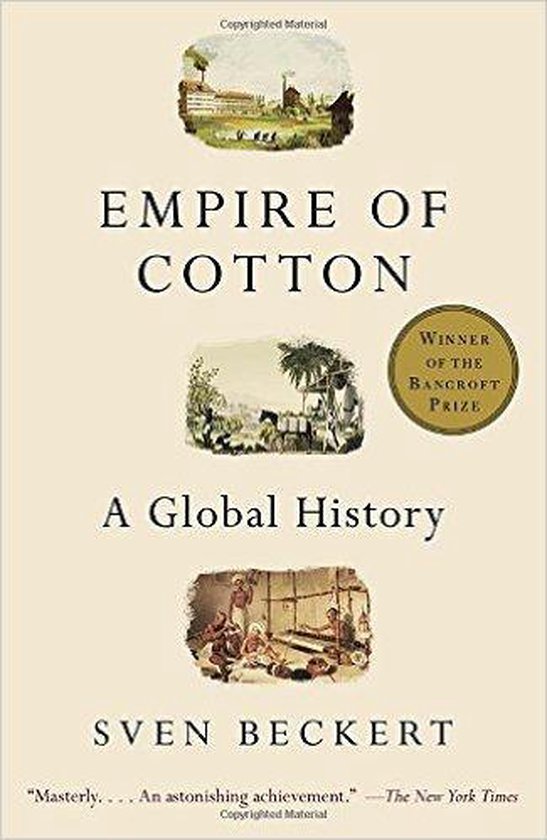
Firebird
Energetic, formally audacious poems by a recently rediscovered Polish writer, shining examples of art as resistance.
Zuzanna Ginczanka's last poem Non omnis moriar, written shortly before her execution by the Nazis at the age of 27, is one of the most famous and unsettling texts in modern East European literature: using the lyric form of a Romantic testament and naming the person who betrayed her to the occupation authorities as a Jew, it exposes the hypocrisy at the heart of a national Polish culture based on exclusion and attempts to exorcise its demons through fierce irony.
Ginczanka, born in the Eastern Borderlands town of Równe (Rivne), now in Ukraine, was encouraged by Warsaw's doyen of poets, Julian Tuwim, to come to the capital, where her virtuoso wit, beauty and lyrical gifts made her an object of fascination and desire in the lively literary world of the interbellum. From the start, her poems tended to reverse traditional accounts of the relation of body to spirit, and to mock hypocrisy about sex, politics, and social identity.
Ginczanka's linguistic exuberance and inventionreminiscent now of Tsvetaeva, now of Marianne Moore or Mina Loyare as exhilarating as the passionate fusion of the physical world and the world of ideas she advocated in the single collection published during her lifetime, On Centaurs.
Zuzanna Ginczanka's last poem Non omnis moriar, written shortly before her execution by the Nazis at the age of 27, is one of the most famous and unsettling texts in modern East European literature: using the lyric form of a Romantic testament and naming the person who betrayed her to the occupation authorities as a Jew, it exposes the hypocrisy at the heart of a national Polish culture based on exclusion and attempts to exorcise its demons through fierce irony.
Ginczanka, born in the Eastern Borderlands town of Równe (Rivne), now in Ukraine, was encouraged by Warsaw's doyen of poets, Julian Tuwim, to come to the capital, where her virtuoso wit, beauty and lyrical gifts made her an object of fascination and desire in the lively literary world of the interbellum. From the start, her poems tended to reverse traditional accounts of the relation of body to spirit, and to mock hypocrisy about sex, politics, and social identity.
Ginczanka's linguistic exuberance and inventionreminiscent now of Tsvetaeva, now of Marianne Moore or Mina Loyare as exhilarating as the passionate fusion of the physical world and the world of ideas she advocated in the single collection published during her lifetime, On Centaurs.
| Auteur | | Zuzanna Ginczanka |
| Taal | | Engels |
| Type | | Paperback |
| Categorie | | Poëzie, Bloemlezingen & Letterkunde |




